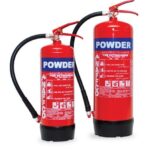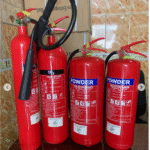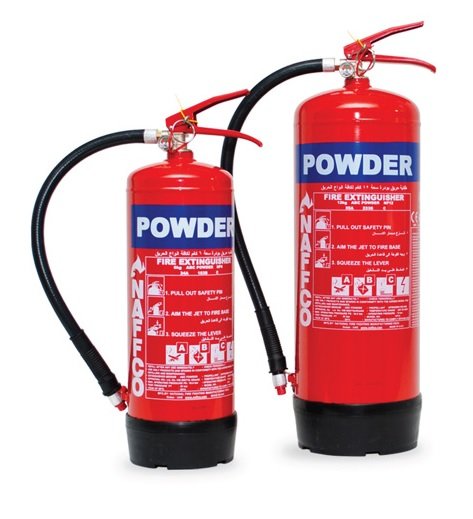Fire safety is essential for homes, offices, and industries, and selecting the right fire extinguisher can make a significant difference during emergencies. Two commonly used types are DCP (Dry Chemical Powder) and ABC fire extinguishers. While they may seem similar, they have key differences in composition, fire class effectiveness, and application.
A DCP fire extinguisher uses dry chemical powder, usually monoammonium phosphate or sodium bicarbonate, to suppress fires. It is suitable for Class A, B, and C fires. Class A includes solid combustible materials like wood, paper, and textiles; Class B involves flammable liquids such as petrol, oils, and paints; Class C covers electrical fires. DCP extinguishers work by interrupting the chemical reaction of the fire, creating a protective layer of powder over the flames.
On the other hand, an ABC fire extinguisher is also a dry chemical extinguisher, but it is specifically designed to be multipurpose. The “ABC” designation indicates that it can safely handle Class A (solids), Class B (liquids), and Class C (electrical) fires. It often contains monoammonium phosphate, which is effective on both ordinary combustibles and flammable liquids, making it slightly more versatile in certain situations. ABC extinguishers are especially popular in residential and office settings where diverse fire risks exist.
The key differences lie in composition and application. While both types use chemical powder to suppress fires, DCP is sometimes more industrial-grade and can be more powerful for larger-scale fire incidents, whereas ABC extinguishers are designed as a general-purpose solution for homes, offices, and smaller workplaces. Additionally, DCP extinguishers may leave more residue compared to ABC, which can have slightly finer powder for cleaner cleanup.
Advantages of DCP: It provides quick suppression, is suitable for multiple fire types, and is highly effective in industrial environments. Advantages of ABC: It is multipurpose, easy to handle, and ideal for home, office, and small commercial setups.
Choosing between a DCP and ABC fire extinguisher depends on the environment, the fire risk level, and the convenience of use. For industrial or large-scale operations with frequent exposure to flammable liquids, a DCP extinguisher may be preferred. For general-purpose use in homes and offices, ABC extinguishers provide reliable protection for various fire types.
In conclusion, both DCP and ABC extinguishers are essential safety tools, but understanding their differences ensures optimal protection, faster response times, and minimal damage during a fire emergency.





